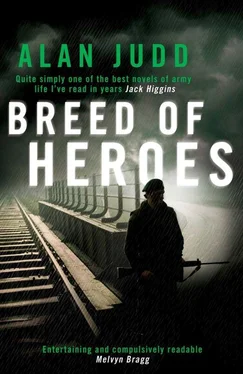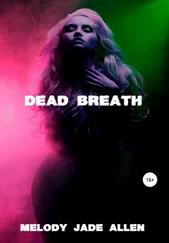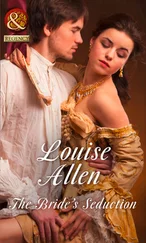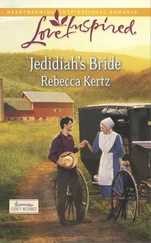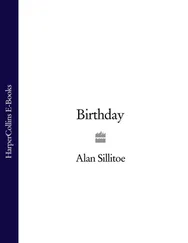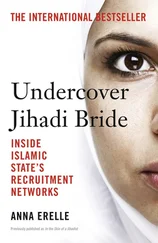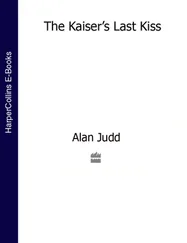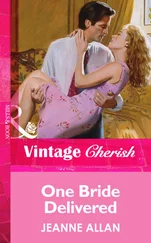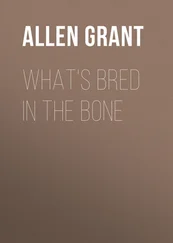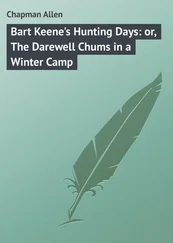‘One out of five is bloody good shooting with a pistol at that range in that light and under those conditions,’ said Nigel Beale. ‘Didn’t know you had it in you, Charles. Not sure I could’ve done it, to be absolutely honest with you. I’d’ve stood more chance if I’d thrown the thing at him.’
Charles felt so detached that only with difficulty could he even interest himself in what was being said. It amused him a little to think that Chatsworth would be speechless with jealousy, but as for anything else, any feeling that it was in any way significant to have killed a man, there was nothing. It was not even exciting, since at the time it had happened too quickly and afterwards it seemed like someone else’s history.
Back in the Mess there were drinks and everyone was in high good humour. The CO got slightly drunk and waved his glass around when talking so that it kept spilling. He took Charles to one side, resting his hand on his shoulder and occasionally punching him in the stomach when he wanted to emphasise something, as was his habit when he was happy. ‘That was good work you did this evening. You saved us both and you nailed that sniper. You might feel a bit shaken up at having killed a man but don’t let it get on top of you. It had to be done. It was you or him. It’s the same with me and that boy. I didn’t want to take a young life but he’d have had us both if I hadn’t. A boy or even a baby with a gun is as bad as a man. The first time I did it was in Cyprus, and even though he was an older man and a hardened villain I felt sick for days afterwards. But it’s not your fault, you must tell yourself. You’re there and you’ve got to cope, that’s all. Trying to duck out of the situation would be moral cowardice and you might land someone else in it. Besides, life must go on. You’re not facing up to being human if you don’t recognise that. So don’t let it worry you, eh?’
‘No sir.’
‘Good man. You’ll get over it. But for God’s sake do something about your appalling shooting. One out of five at that range is a disgrace. You must go on the range every day when we get back.’ He swayed and steadied himself against Charles. ‘I forgot, you’re leaving us, aren’t you? Pity that.’ He emptied his glass and stood saying nothing for a few moments. Charles looked in vain for some mute acknowledgment of what had passed between them after the shooting of the boy. The CO seemed a tired man, simple and sincere. ‘Perhaps you’ll decide to come back. We can’t afford to lose young men like you. You’ll find you’ve left something of yourself in this unhappy place and, God knows, these poor wretched people desperately need any influence for the good, any help anyone can give them. I don’t need to tell you that.’ His dark eyes looked thoughtful but not vulnerable, not particularly personal. ‘I think the experience has done you good, too. That’s important. I wish you the best of luck in whatever you decide to do. Don’t hesitate to get in touch if ever I can help.’ He took another pull at his glass, realised it was empty and walked away.
There had been no sign of the lie in anything about him. It had been effortless and natural. Charles had watched carefully for signals but there had been none, no sign of a secret understanding, no flaw in the absolute conviction with which the CO spoke. Either it was a superb act or the conviction was real. If he had been accustomed to doubting himself, Charles might have questioned his own recollection of what had happened.
There was, of course, no danger of Charles feeling sick with remorse, or guilt or anything else. He ceased to feel. Things happened and he took them piecemeal, without any attempt to connect. It was like having some undramatic but possibly dangerous disability or disease that caused no suffering and aroused only limited curiosity in the victim. Even the prospect of returning to Belfast for an inquest was uninteresting. The report of the incident which he and Van Horne wrote for Beazely caused the CO to congratulate him for having handled the press angle so well. ‘They got it right this time,’ said the CO. ‘They struck the right balance. Truthful, not too sensational, straightforward and no thrills. That’s good reporting. To the point and accurate.’
The arrangement with Beazely continued to work well. In fact, it was even slicker than before. It was only very near the end of the battalion’s tour that it went wrong. Violence was increasing throughout Belfast and shootings and bombings were losing their news value unless there was some special twist. Even Beazely had to leave his hotel sometimes and once or twice Van Horne had to phone through the story to Beazely’s paper, posing as Beazely’s stringer. Two days before they were due to pull out, when the command structure of the incoming infantry regiment was already in place, there was a big bomb in a city centre post office, not far from Beazely’s hotel. There had been no warning and an unknown number of civilians was killed, with many horribly maimed. Charles was with the CO and the Rover Group about half a mile away when it went off and felt the sudden lowering of pressure followed by the heavy solar-plexus thump of a big bomb. ‘That was a bloody big ’un,’ someone remarked superfluously, simply because someone had to say something. The CO insisted on driving down to the scene, although it was out of the battalion area. It was a smouldering, gruesome sight, and he walked among the ruins, stepping over the fire hoses, his face taut and pained. A pile of intestines was draped obscenely across a wall. He glanced briefly at Charles and turned away.
As it was late afternoon the story was in plenty of time for the morning papers. Charles wrote it and Van Horne phoned it through, as they could not find Beazely. It was later that evening, in conversation with one of the RUC men, that Charles learned that Beazely was one of the dead. He hurried back into the good end of the office, where he and Tony Watch now sat, and called Van Horne.
‘That’s it, then,’ said Van Horne, when he had been told. ‘We’ve had it. They publish his story on one page and his obituary on the next. Who do they say wrote it — a medium?’ There was, uniquely, a trace of emotion in his voice. ‘He owes us quite a bit of money still and we can hardly ask for it, can we, without being found out?’
Charles thought. Even now he could not feel very worried. He was convinced it would work out. ‘We’ll tell them,’ he said.
‘Tell them what?’
‘Everything. I’ll tell them.’
‘What about me?’
‘You’ll be all right, don’t worry.’ He rang the sub-editor, a man called Jack Smiles, of whom Beazely had often complained. Pausing only to make sure that no one could overhear him, Charles told Smiles the whole story. In fact, it was very simple and there was not much to tell. There was a long silence when he had finished.
Eventually Jack Smiles spoke. He sounded like a gravel-voiced TV crook. ‘Who else knows about this?’
‘No one.’
‘Positive?’
‘Yes.’
‘Right. Make sure they don’t, I’ll be on the first plane in the morning. I can come to your place, can I? Good. Meantime, I’ll make a few alterations to the story and put it out under “Our Special Correspondent” which means anyone, even you, right? And we’ll get an interview with the boy’s parents and do an obituary. The Beazely story will be as big as the bomb one — service in Vietnam and all that. We’ve been needing a new slant on Northern Ireland for some weeks now. This’ll give it a shot in the arm. See you tomorrow.’
Jack Smiles arrived when he said he would, having taken a taxi from the airport. He was a short, thick-set, businesslike man with a shiny new raincoat. ‘Somewhere we can talk quietly? Good. Tragic business, this. Brings it home to you when members of the press start getting killed. Terrible. Tragic. Whole place gives me the creeps already. You see the story and the obituary, did you? Sensational. Went down very well. Surprised none of the other papers got it. They’ll all have to rerun it tomorrow, with obituaries. Sounds callous but it’s not. We’ll all miss him.’
Читать дальше
